The recent conflict between Ukraine and Russia has undoubtedly reverberated globally, with the impacts experienced through screens, with millions witnessing the numerous tragedies sitting on the outside. There has been a huge loss of lives, livelihoods, and homes. Whilst this cannot (and should not) be understated, it is also important to have a grasp on some of the less direct impacts. What does the conflict mean for individuals and nations across the globe far from the war? Who will be caught in the crossfire, and how?
With the end of the conflict unknown, there is a high degree of uncertainty shrouding the effects that we have felt so far and the ones that might be yet to come.
The war is one of many disruptions the world, and specifically, Europe has felt in the past few years. With COVID-19, Brexit, and the growing impacts of climate change, we have all witnessed the fragility of many systems, emphasizing how reliant on others and resilient(or not) we are.
Last month, Forum for the Future’s UK and Europe team engaged in a horizon scanning session focusing on the Ukraine-Russia conflict with an aim to explore the impacts, how the scattered dots connect together and what those might mean for UK and wider Europe.
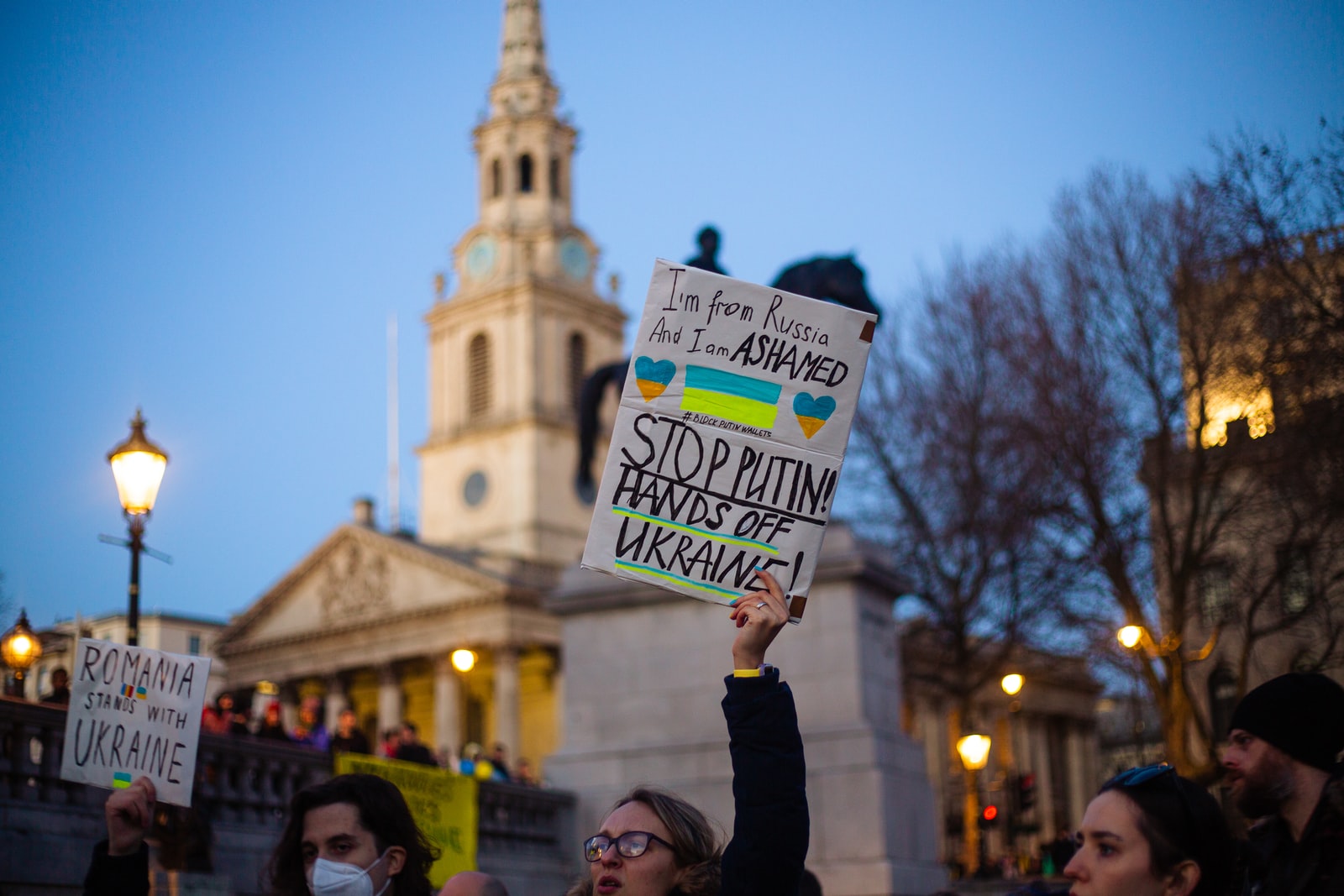
Signals from UK and Europe
Impact on food systems
- Retailers are choosing to ration cooking oil, as imports of sunflower oil to the UK have been reduced causing the price to rise. Tesco is amongst many supermarkets, one that introduced measures such as a buying limit of three bottles per customer, reminiscent of the restrictions in place during the pandemic. Companies have subsequently switched oils, opting for rapeseed oil over sunflower oil to ensure they can sell their products with only a slight change in the ingredients.
- The reactionary responses are undoubtedly short-term solutions, and still raise the question – how do we deal with crises and disruption to food systems? And how do we ensure we do not lose sight of issues such as biodiversity loss and social equality in these conversations?
- The conversation around edible fats and oils is livelier than it has ever been, and Forum for the Future will be exploring the sector in their upcoming webinar on 14 June. They will be looking into how to address the next big questions arising around the demand for just and regenerative oils and fats, find out more and sign up here.
Impact on politics
- A new ‘temporary protection’ policy was implemented following the conflict to protect Ukrainians who flee across the EU, allowing them to seek refuge, work, study, and access to social welfare. This is the first time it has ever been implemented, raising the question, why was it not deemed ‘politically viable’ before?
- The response towards refugees from Ukraine has been overwhelmingly positive but has sparked a debate as to how refugees more widely are greeted, and subsequently supported to rebuild their lives. Whilst the debate surrounding why responses have differed is undoubtedly vast and complex, the topic of race and structural racism cannot be forgotten. By bringing this to the surface, could we see a shift in attitudes towards non-European refugees? Is this an opportunity to improve our responses to refugee crises in the future?
- Evidently, there is a lack of willingness to engage with displaced people with multiple factors influencing this such as (but not limited to) race. A mindset shift is needed to ensure adequate responses are promptly given to ensure the health and safety of all vulnerable people. Perhaps this also means we also need to widen and accept our definition of vulnerable to also encompass climate, socio-economic and political-related vulnerabilities.
Impact on the environment
- The Ukraine-Russia conflict has had obvious impacts on food production and energy usage to name a few, but what if we look further out? There has been a flurry of short-term emergency thinking to manage the situation, but there are worries that the impacts will be long-lasting.
- The European Commission asked member states to adapt their agricultural policy and ease environmental measures, including one that protects ecologically sensitive areas from being used for agriculture in a bid to support food production.
- It appears that protecting the ecosystem is not as high on the agenda as presumed – but does one crisis justify intensifying another, or is this unavoidable? The conflict has highlighted the fragility of rules that protect the environment in some areas, whilst other regions (such as Chile) in the world have granted ‘rights to nature’. For now, the discrepancy in legislation highlights that Chile might not be a legal trendsetter to Europe just yet.
- How can we ensure the various interconnected systems are individually also resilient and protected in the face of turbulence (and conflict) and not compromised?
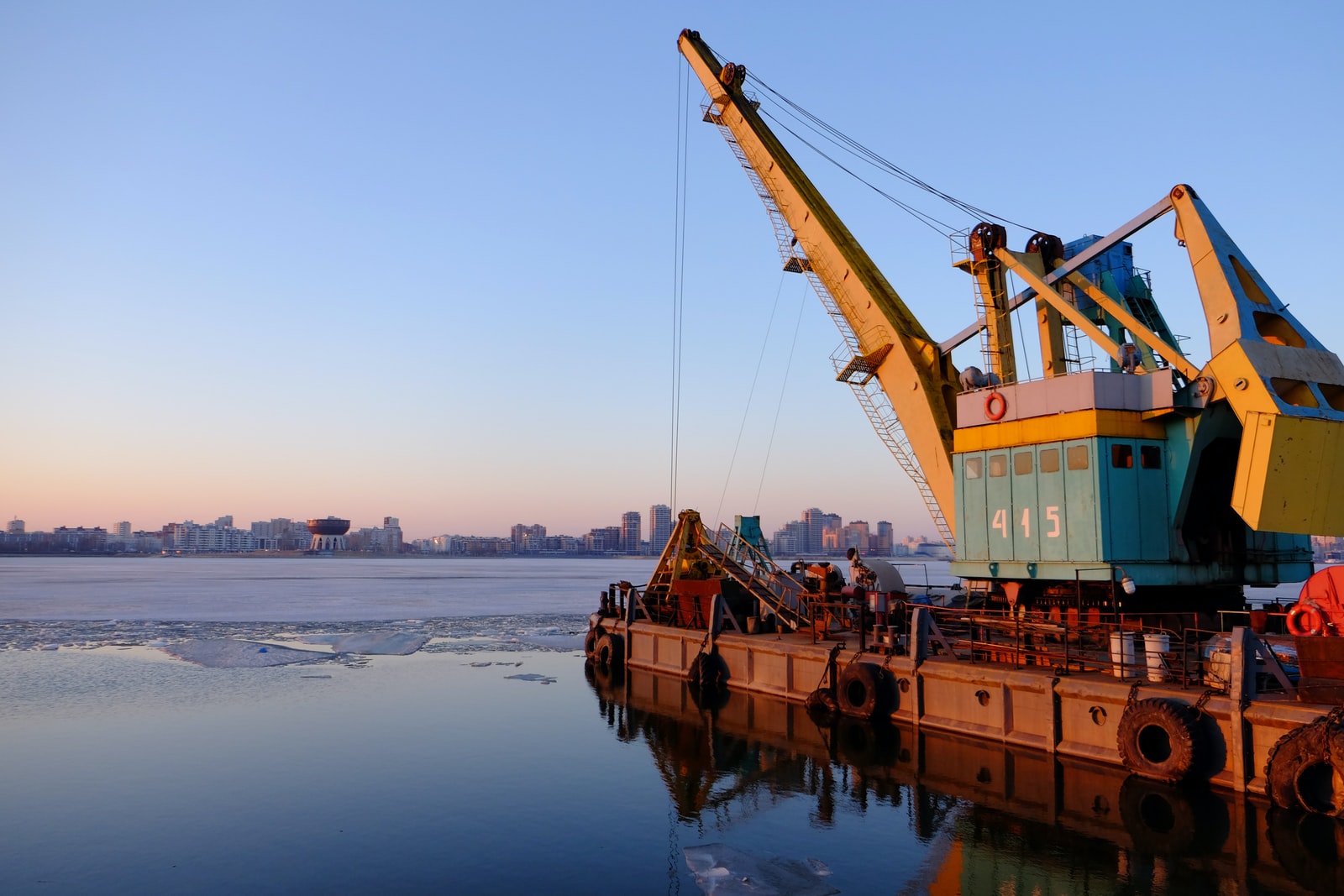
So What?
UK and Europe are no strangers to crises and conflicts, and there is no denying that we need to get better at dealing with turbulence and rebuilding in a way that is not detrimental to future generations. The signals spotted by the team highlight the interlinkages between each system, and the need now more than ever to ensure we are resilient in the face of such disruption. Could increasing resilience mean more collaboration, knowledge sharing and encouraging best practices across Europe, even in the face of Brexit – or could it mean a rise in protectionism around local systems?
Whilst we figure this out, there was a consensus that we need to consider ‘how do we not lose track of the change that needs to happen, especially in a just and regenerative way’?
Share with us what you think or write to us at futurescentre@forumforthefuture.org to continue this dialogue.
Read more
- Sensemaking and India’s changing climate landscape
- Sensemaking and the War in Ukraine
- Sensemaking and APAC: A Window into a Possible Just and Regenerative Future?
Regional Sensemaking
Every month, our global teams gather to look for signals of change and engage in rapid generative scanning to bring you our glimpses of the future. What are the implications of these signals? What bigger trends are they pointing towards? What if these various signals of change interacted with each other? What would that lead to? We know climate change impacts will affect regions unfairly, so why not produce multiple futures catering to our various contexts – social, cultural, environmental, and more?
Want regular insights and glimpses of the future straight to your inbox?
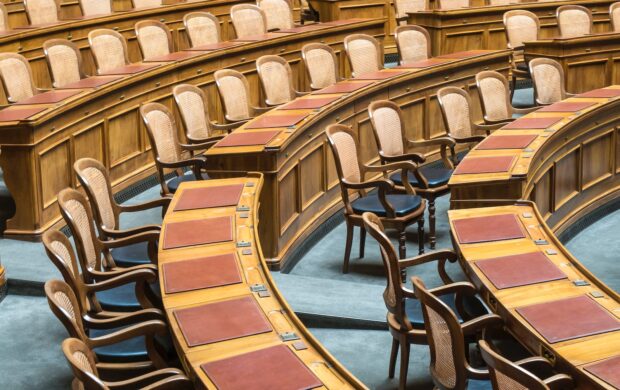
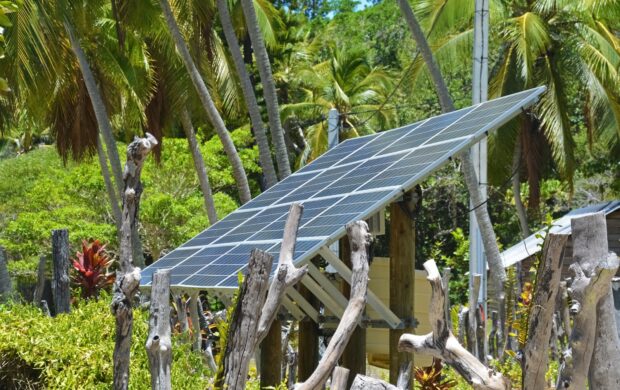

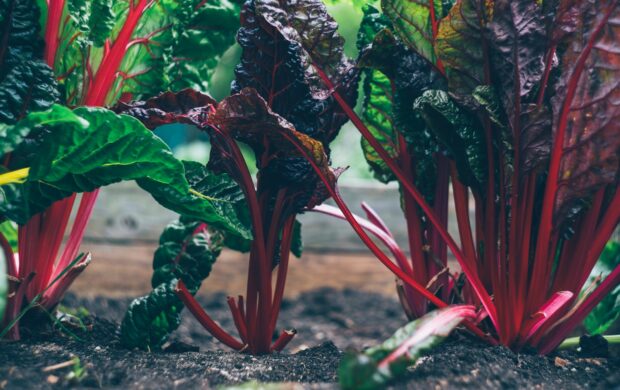

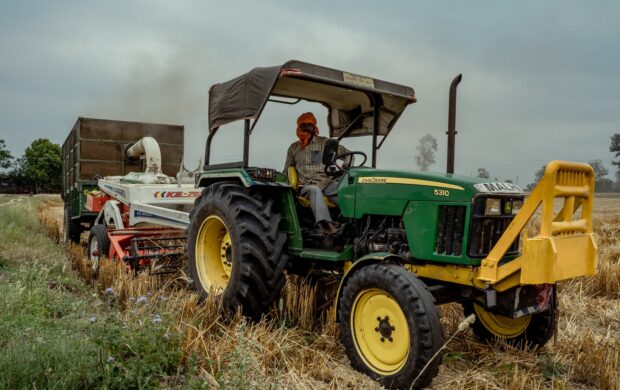
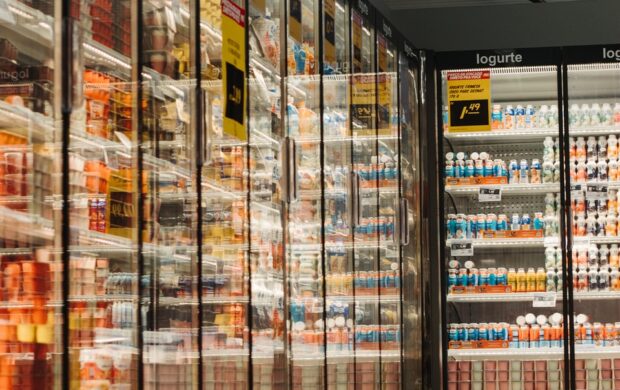

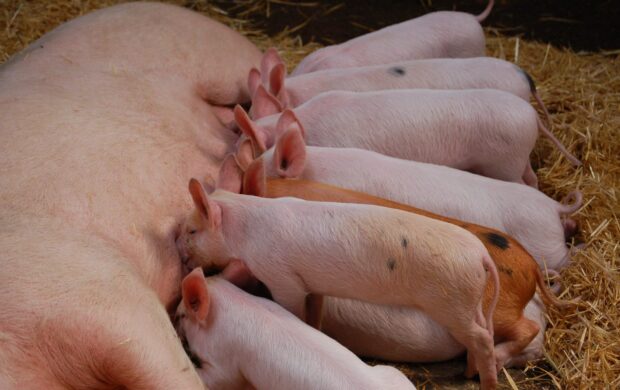



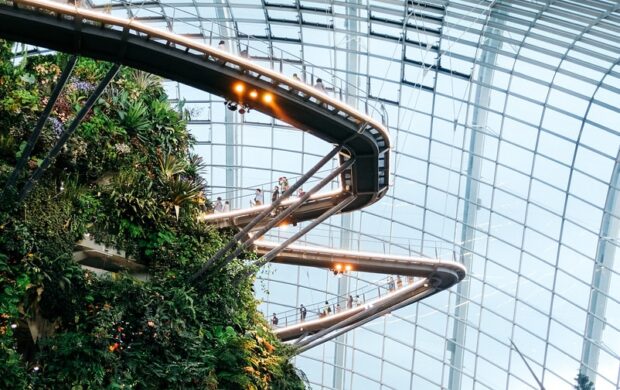

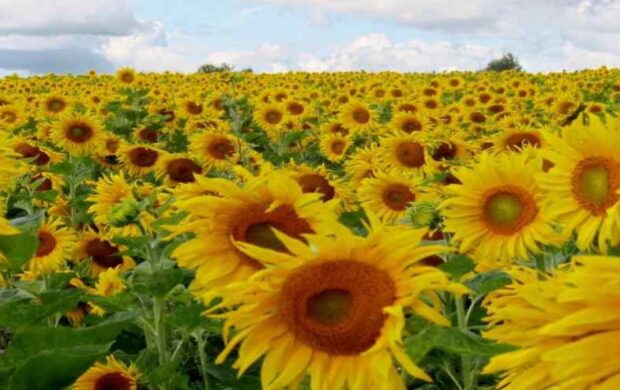

Join discussion